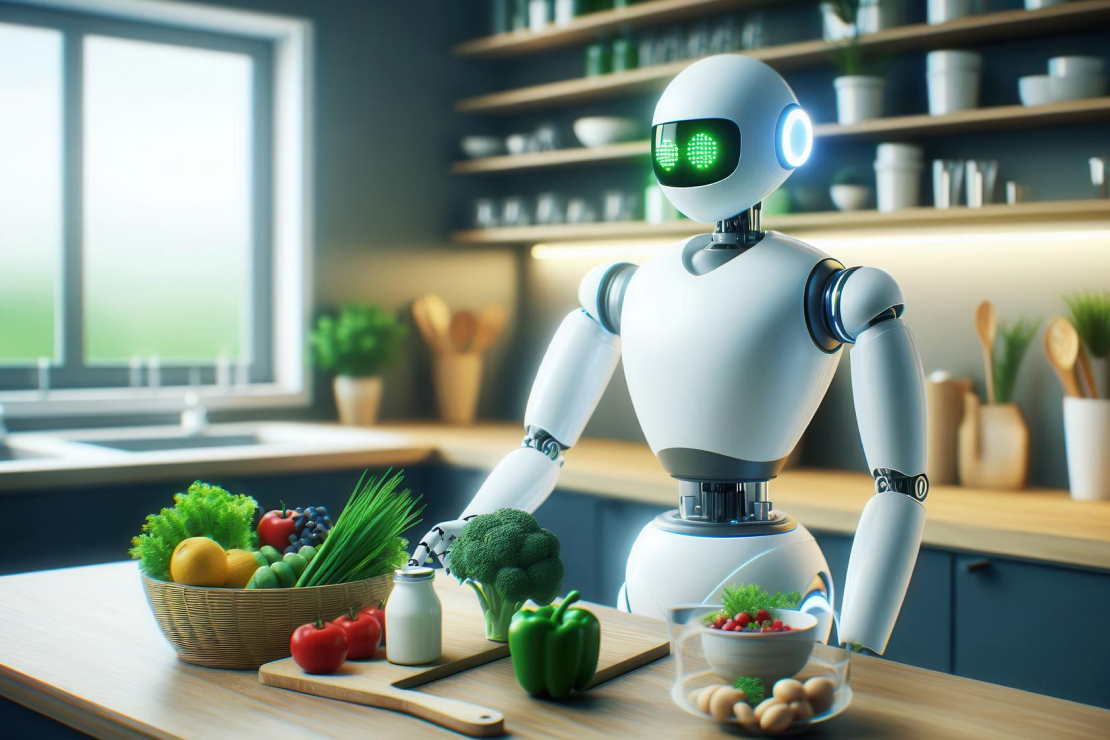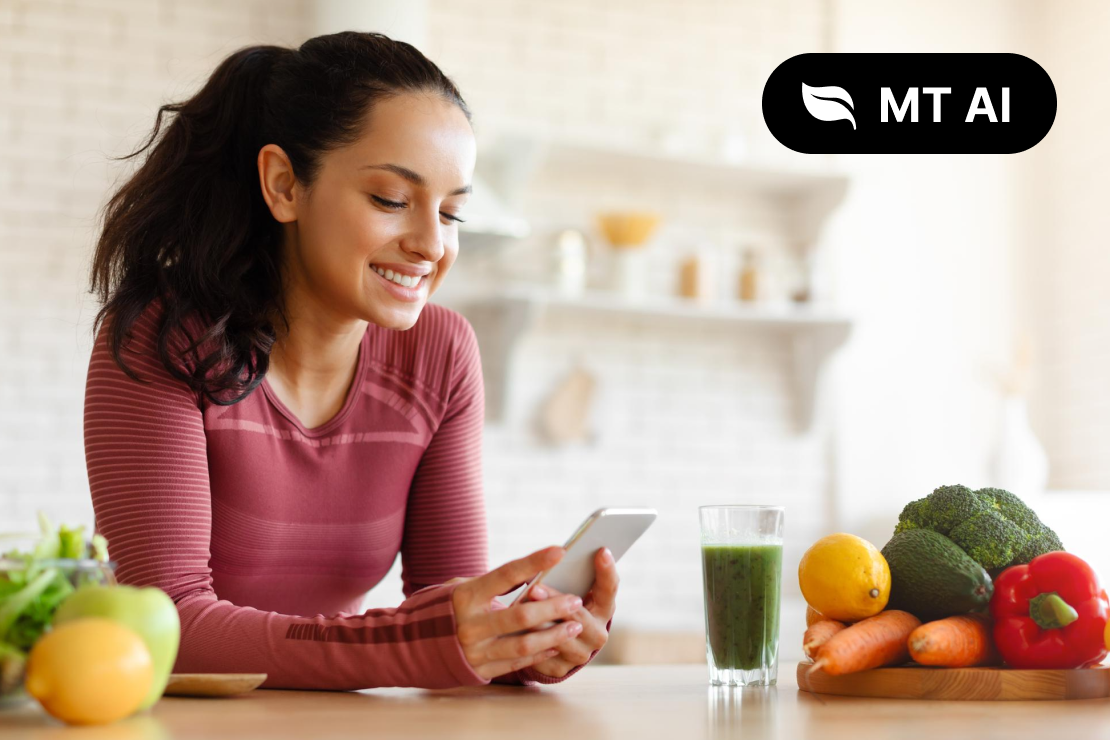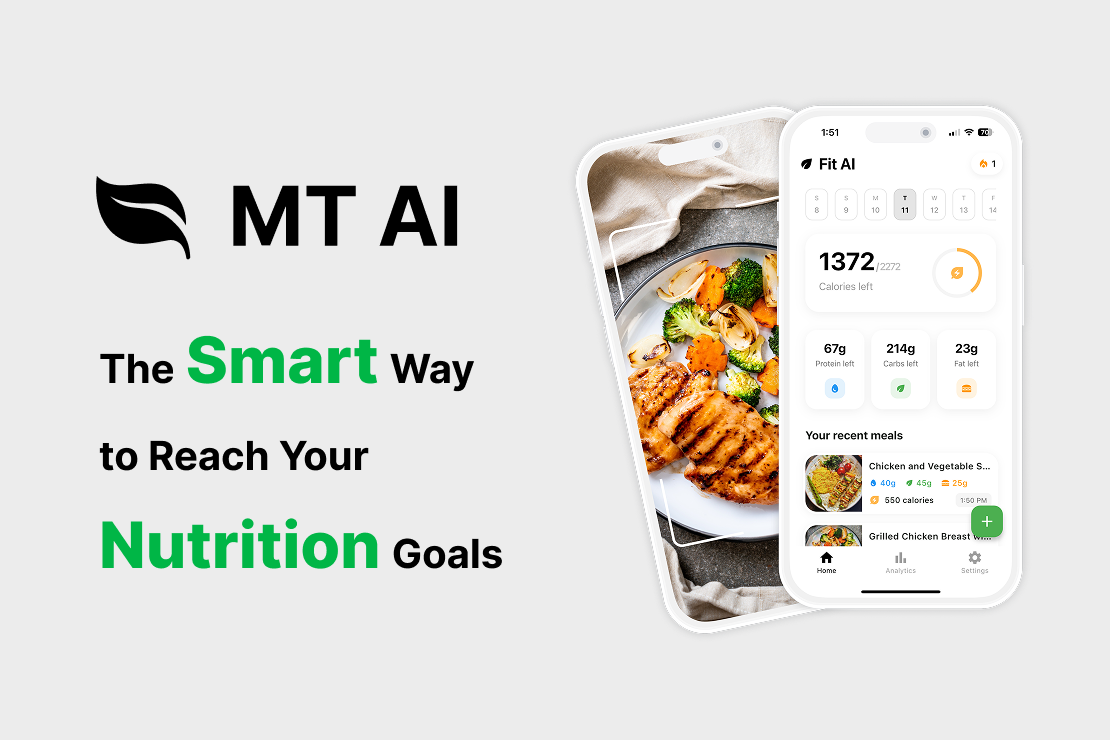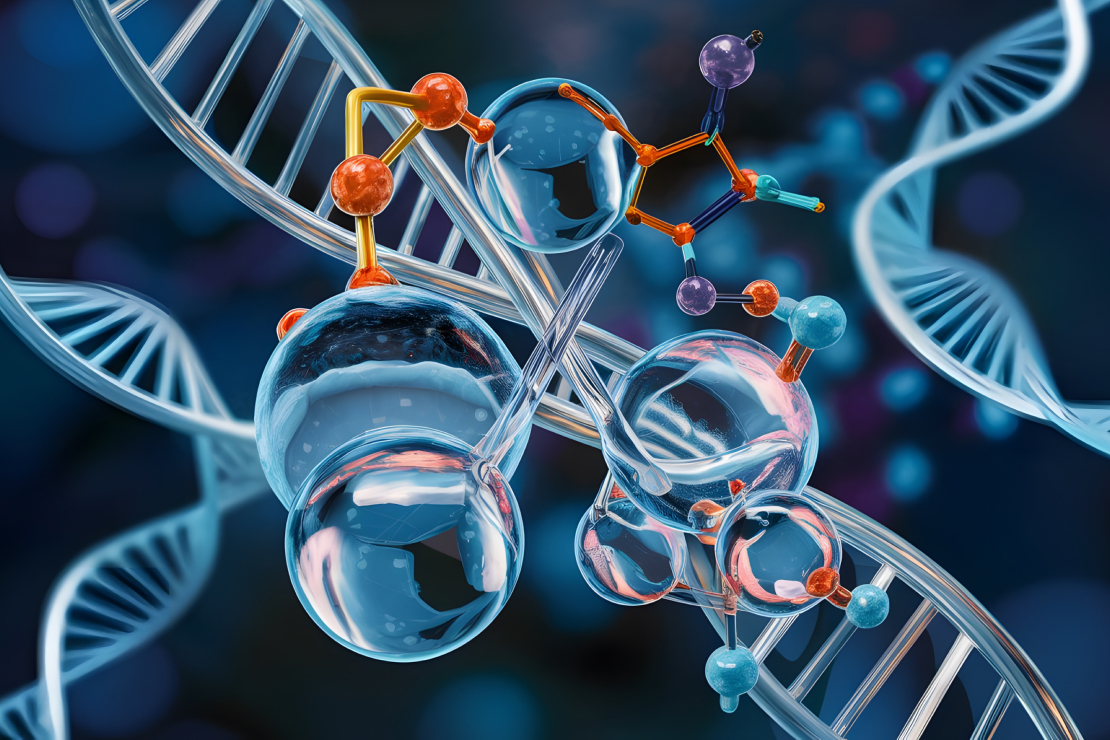What to Expect from AI Nutrition Coaches in 2026
Look into the future of nutrition with AI coaches. Discover the groundbreaking advancements expected by 2026, from real-time metabolic tracking to genetically personalized meal plans, and how they will redefine our relationship with food.

Table of Content
The Dawn of the Hyper-Personalized Health Era
The field of nutrition is on the cusp of its most significant transformation yet. While AI-powered food trackers have already revolutionized how we log our meals, the next wave of innovation is set to redefine what it means to have a personal nutrition coach. By 2026, the AI nutrition coach will evolve from a reactive tracker into a proactive, predictive, and deeply integrated wellness partner. This guide explores the groundbreaking advancements we can expect to see in the very near future.
From Tracking to True Coaching: The 2026 AI Paradigm Shift
The AI nutrition coach of 2026 will move beyond simple data logging to offer a level of guidance previously only available to elite athletes and the ultra-wealthy. This shift is powered by the convergence of several key technologies.
1. Real-Time Biomarker Integration
The most significant leap will be the seamless integration with non-invasive, real-time biomarker sensors.
- Continuous Glucose Monitors (CGMs): AI will analyze your blood sugar response to every meal in real-time, providing instant feedback and adjusting future meal suggestions to optimize glycemic control.
- Sweat & Saliva Sensors: Wearable patches will monitor electrolyte levels, hydration status, and even stress hormone (cortisol) fluctuations, allowing the AI to tailor recommendations for hydration and stress-managing foods.
- Metabolic Breath Analyzers: Devices will measure your respiratory exchange ratio (RER) throughout the day, telling the AI whether you're primarily burning carbs or fats for fuel and allowing for precise adjustments to your macro intake.
2. Hyper-Personalization Through Genomics and Microbiome Analysis
Your AI coach will have a deep understanding of your unique biological blueprint.
- Nutrigenomics: By integrating with your genetic data (from services like 23andMe), the AI will understand your predispositions for nutrient deficiencies, food sensitivities, and how you metabolize fats, carbs, and proteins.
- Microbiome Analysis: At-home gut microbiome testing kits will feed data into the AI, which will then recommend specific prebiotic and probiotic foods to optimize your gut health for better digestion, mood, and immune function.
3. Predictive Analytics and Proactive Interventions
The AI coach of 2026 won't just tell you what you ate; it will tell you what you *should* eat next, and why.
- Craving Prediction: By correlating mood, sleep, and hormonal data, the AI will predict cravings before they strike and suggest healthier alternatives or behavioral interventions.
- Performance Optimization: Before a workout, the AI will suggest the precise pre-fueling meal to maximize performance based on your current glycogen and hydration status.
- Immune Support: The AI may detect early signs of physiological stress indicative of an oncoming illness and recommend immune-boosting foods.
4. Dynamic Meal Planning and Smart Kitchen Integration
The AI will seamlessly integrate with your home environment to make healthy eating effortless.
- Smart Fridge Integration: AI will access your smart fridge's inventory, track expiration dates, and suggest recipes based on available ingredients, minimizing food waste.
- Automated Grocery Lists: Based on your meal plan and consumption patterns, the AI will generate optimized grocery lists, even ordering groceries for delivery.
- Personalized Recipe Generation: The AI will create custom recipes tailored to your macro goals, dietary preferences, and available ingredients, adjusting for cooking time and skill level.
5. Behavioral Coaching and Habit Formation
Beyond data, the AI will act as a sophisticated behavioral psychologist, helping you build sustainable habits.
- Adaptive Nudges: AI will learn your triggers for unhealthy eating (e.g., stress, boredom) and provide timely, personalized nudges or alternative activities.
- Gamification: Incorporating elements of gamification, the AI will make healthy eating fun and rewarding, celebrating milestones and encouraging consistency.
- Mindful Eating Prompts: The coach will offer real-time prompts to encourage mindful eating, helping you reconnect with hunger and satiety cues.
6. Mental and Emotional Wellness Integration
Recognizing the deep connection between mind and body, the AI coach will integrate mental health support.
- Mood Tracking Correlation: AI will analyze correlations between your food intake, activity, and mood, suggesting dietary adjustments or non-food interventions to support emotional well-being.
- Stress Management Recommendations: Based on stress biomarkers and self-reported stress levels, the AI will suggest specific foods (e.g., magnesium-rich foods) or relaxation techniques.
| Feature | AI Coach of Today (2024) | AI Coach of Tomorrow (2026) |
|---|---|---|
| Data Input | Manual logging, photo recognition, basic wearable data (steps, HR). | Real-time, passive data streams from CGMs, sweat sensors, and metabolic analyzers. |
| Personalization | Based on user-stated goals, activity level, and food logs. | Based on genetic predispositions, gut microbiome, and real-time metabolic state. |
| Guidance | Reactive (e.g., "You've exceeded your carb limit.") | Proactive & Predictive (e.g., "Your stress levels are rising. A magnesium-rich snack could help.") |
| Meal Planning | Generates static meal plans based on preferences. | Dynamically adjusts meal suggestions based on the food available in your smart fridge and your immediate metabolic needs. |
A Day in the Life with a 2026 AI Nutrition Coach
Imagine your AI nutrition coach as an invisible, intelligent partner, seamlessly integrated into every aspect of your day, providing real-time, personalized guidance. Here's a glimpse into what a typical day might look like:
7:00 AM: Personalized Morning Fuel. You wake up. Your AI coach has analyzed your sleep data from your smart ring, noting you had less deep sleep than usual. It cross-references this with your upcoming calendar (a high-stress presentation today) and your current metabolic state (detected by your breath analyzer). Instead of your usual high-carb breakfast, it suggests a meal slightly higher in healthy fats and protein to support cognitive function and sustained energy, while recommending delaying your coffee by 30 minutes to better align with your natural cortisol curve and prevent an afternoon crash.
9:00 AM: Mid-Morning Nudge. As you settle into work, the AI detects a slight dip in your RER, indicating a shift towards carb burning. It sends a subtle notification: "Consider a small, protein-rich snack to maintain stable blood sugar and prevent a mid-morning energy dip. Perhaps a handful of almonds or a hard-boiled egg?"
12:30 PM: Optimized Lunch. You snap a photo of your lunch – a mixed salad with grilled chicken. The AI not only logs it with 99% accuracy but also cross-references it with your morning data. It notes that your blood sugar response to yesterday's similar lunch was slightly blunted. It suggests a 10-minute post-lunch walk to improve insulin sensitivity and optimize nutrient absorption, and reminds you to drink an extra glass of water.
3:00 PM: Proactive Stress Management. Your wearable detects rising stress levels (from increased heart rate variability and skin conductance). You receive a notification: "Stress levels are increasing. A short break with a handful of magnesium-rich pumpkin seeds or a calming herbal tea could help mitigate cortisol spikes and prevent emotional eating later."
5:00 PM: Pre-Workout Fueling. Before your evening gym session, the AI analyzes your current glycogen stores and upcoming workout intensity. It recommends a small, easily digestible carb source like a banana or a rice cake with a smear of nut butter to optimize performance and prevent muscle fatigue during your lift.
7:00 PM: Smart Dinner Prep. As you head home, the AI accesses your smart fridge's inventory and your calendar (noting you have an early meeting tomorrow). It suggests three quick, easy dinner recipes that will promote restful sleep (lower in stimulating compounds), use the vegetables that are about to expire, and perfectly align with your daily macro targets.
9:30 PM: Evening Wind-Down. The AI reminds you to start your wind-down routine. It suggests a warm, non-caffeinated beverage and a small, protein-rich snack (like Greek yogurt) to support overnight muscle repair and prevent late-night hunger, ensuring optimal sleep quality for the next day's recovery.
Ethical Considerations and Challenges
This hyper-connected future is not without its challenges. Key concerns that will need to be addressed include:
- Data Privacy and Security: Protecting highly sensitive health and genetic data will be paramount.
- Algorithmic Bias: Ensuring AI models are trained on diverse populations to provide equitable and accurate advice for everyone.
- The Human Element: Balancing AI-driven data with human intuition and the psychological aspects of eating. AI can provide the 'what,' but human connection is often needed for the 'why.'
Conclusion: The Future is Personalized and Proactive
The AI nutrition coach of 2026 promises a future where our diet is in constant, dynamic harmony with our body's real-time needs. It's a shift from retrospective tracking to proactive, predictive wellness. This technology will empower individuals to move beyond generic dietary rules and embrace a truly personalized approach to health, making optimal nutrition more accessible and achievable than ever before.
"The next frontier in nutrition isn't a new diet fad; it's an intelligent system that understands you better than you understand yourself, guiding you to optimal health one personalized meal at a time."
Frequently Asked Questions
Will AI nutrition coaches replace human dietitians?
It's more likely they will become powerful tools for dietitians. AI can handle the data-heavy lifting, freeing up human professionals to focus on the complex psychological, emotional, and behavioral aspects of coaching.
How will I afford all the necessary sensors and tests?
As with all technology, the cost of consumer-grade biosensors (like CGMs and metabolic analyzers) is expected to decrease significantly by 2026, making them much more accessible to the general public.
What if I don't want to share my genetic or microbiome data?
The AI systems of the future will be modular. Users will be able to choose their level of data sharing, from basic food logging to full biomarker integration, with the AI's personalization capabilities scaling accordingly.
Start Your Health Journey Today
Download Macro Tracking AI and take control of your nutrition with the power of artificial intelligence.
Download on App Store

